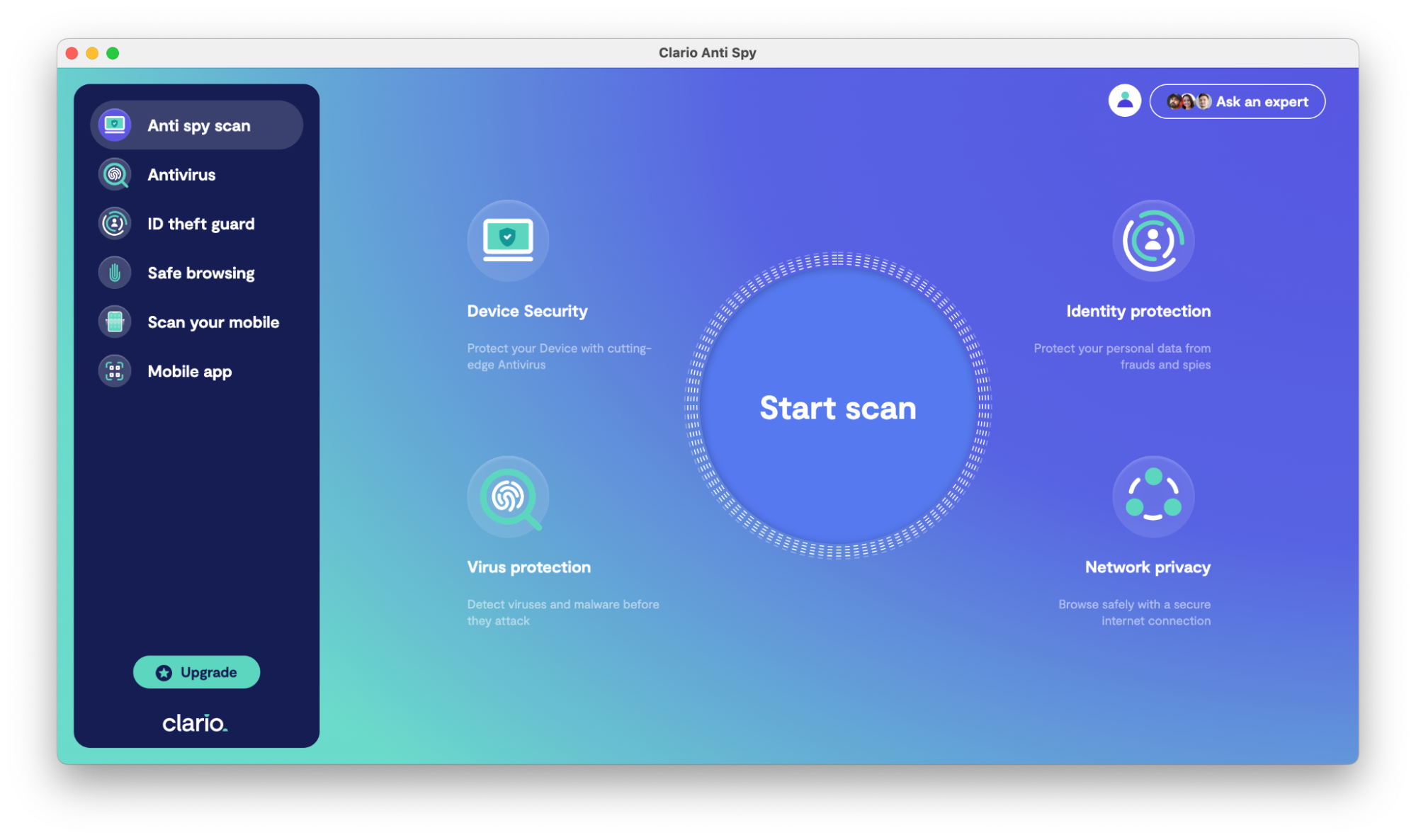Table of contents
- Do the FBI monitor your computer or phone
- Can the FBI see your phone screen
- Mass Data Collection
- Can FBI agents watch your screen computer screen
- Conclusion
Do the FBI monitor your computer or phone
No, the FBI doesn’t monitor your computer or phone—though they do have the technical capabilities to do so. Legally, they must adhere to strict privacy laws pertaining to citizens—especially in regards to investigations, searches, and seizures. With that said, if they have a warrant, the FBI has the legal authority to monitor computers and phones.
Law enforcement agencies need a compelling reason to obtain a warrant to access a citizen’s computer. Usually, an urgent threat, like harmful software or a possible terrorist attack, is justification.
Though this is the legal avenue that government agencies must follow, there have been times when the government spied on us in secrecy.
Here are times when government agencies monitored the computers or phones of citizens:
- Post 9/11: After the September 11 attacks, President George W. Bush authorized the National Security Agency (NSA) to conduct wiretaps on communications between individual US citizens and overseas—without necessary warrants. The secret program was exposed by a whistleblower in 2005, leading to public outrage.
- PRISM program: Exposed by whistleblower Edward Snowden, the PRISM program was a cooperation between the NSA and technology companies for the collection of private data from the internet and communication services. The fallout of the program led to legal and policy changes.
- USA Patriot Act: Passed in the wake of 9/11, the USA Patriot Act allowed for the bulk collection of phone metadata. Hotly controversial at the time, the operation was eventually put to an end after the passing of the USA Freedom Act in 2015.
- Stingray devices: Stingray devices simulate cell sites to force local phone calls to connect to them. Government agencies like the FBI have used them to intercept mobile phone signals and track the location of phone calls. In the US, court decisions regarding the warrantless use of stingrays are split—some states allow it, others don't.
Can the FBI see your phone screen
Technically, the FBI can see your phone—but they aren't interested in tracking private, law-abiding citizens. Government agencies are focused on national security threats—not spying. However, with probable cause and a warrant, the FBI can see what you do on your phone. Here’s how:
- Arrest and Seizure: If someone is arrested, their phone can also be seized as part of the process. They can search through it if they have a search warrant or reason to believe there is evidence within the phone.
- Forensic Tools: The FBI and other law enforcement have access to digital forensic tools that operate similarly to spyware, which enable them to extract personal phone data, like text messages, phone logs, photos, and more. Just in case, learn to check if there’s spyware on your phone.
- Surveillance programs: For national security issues, the FBI, under the Foreign Intelligence Surveillance Act (FISA), can lawfully collect private data from electronic devices, including phones.
Mass Data Collection
Although the general ethos of the FBI is to respect the privacy of individual citizens, law enforcement has been known to spy on citizens through data collection programs indirectly.
It’s well-documented that big tech companies like Google and Facebook collect data on their users, including personal information like general movements, relationships, health history, and places visited. In the past, law enforcement has requested this data—after adhering to legal procedures, like having warrants, court orders, or subpoenas.
Though some tech companies have resisted handing over the data, others have caved into pressure from these agencies.
Wondering if someone is spying on you? Learning to check if your phone is tapped is a start. But for round-the-clock protection, use an anti-spying tool. Clario AntiSpy contains features like a spyware scan to analyze your files for spyware. If a threat is detected, it will automatically be removed—on both Windows and Mac devices. Here’s how to use it:
- Download Clario Antispy and get a subscription to create an account
- Open the app and Start scan

3. Once the scan is finished, Clario AntiSpy will notify you of any tracking activity going on in the background on your laptop. You can also scan your phone by clicking Scan your mobile and following the on-screen instructions.
Can FBI agents watch your screen computer screen
Although the FBI has the technical ability to watch your computer screen, they still need a warrant to do so. And unless you are engaging in activities that would constitute a national security threat, the FBI has no interest in obtaining a search warrant to watch your computer screen.
The FBI would need probable cause to obtain a warrant to search your phone. In the event of an arrest, FBI agents can see your computer desktop or laptop if they seize it and search its contents—again with a warrant. However, under FISA (Foreign Intelligence Surveillance Act), the FBI can engage in electronic surveillance and computer screen monitoring without a warrant—if it relates to national security and foreign intelligence.
FISA
The Foreign Intelligence Surveillance Act (FISA) is a U.S. law enacted in 1978 to regulate and oversee intelligence activities conducted within the United States for the purpose of gathering foreign intelligence. FISA establishes procedures for obtaining warrants for electronic surveillance, pen registers, trap and trace devices, physical searches, and access to business records, all while protecting the privacy rights of U.S. persons.
There have been instances where the FBI and other agencies have evaded procuring a search warrant and spied on citizens. The now infamous Snowden intelligence leak revealed that the government covertly collected and analyzed private data. Law enforcement agencies, like the FBI, even remotely activated webcams and microphones of unsuspecting citizens.
Conclusion
The FBI has sophisticated cyber technology to spy on your devices—but relax, they aren’t interested in you. Government agencies go after the big fish that threaten national security. But hackers and cybercriminals are another story. They can and will try to gain unauthorized access to your devices—unless you use a dedicated anti-spying tool, like Clario Anti-Spy.
Our all-encompassing cybersecurity solution has a real-time data breach monitor that thwarts prying eyes, alongside a secure browsing function that shields your online activities from data collectors and unsafe websites. Plus, the anti-spy scan will root out all varieties of spy threats in real time. For world-class spy protection, try Clario AntiSpy.


